Little Rock, AR Drug & Alcohol Treatment Centers
Looking for help with addiction in Little Rock, AR?
Insurance
Treatment Programs
Looking for help with addiction in Little Rock, AR?
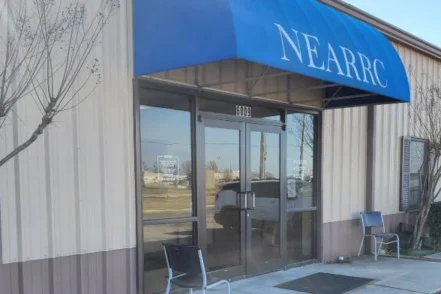
6009 Cw Post Road Jonesboro, Arkansas 72401
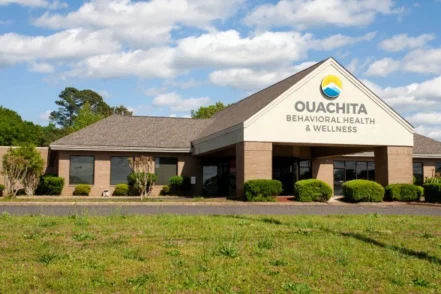
1615 Martin Luther King Boulevard Malvern, Arkansas 72104
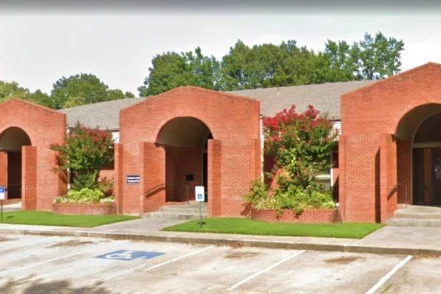
912 Osler Drive, Suite B Jonesboro, Arkansas 72401
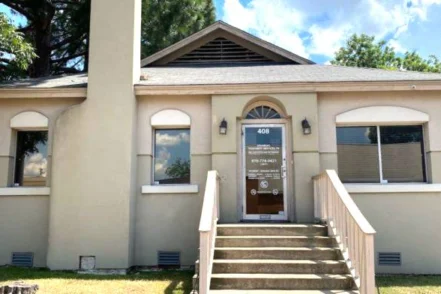
408 Hazel Street Texarkana, Arkansas 71854
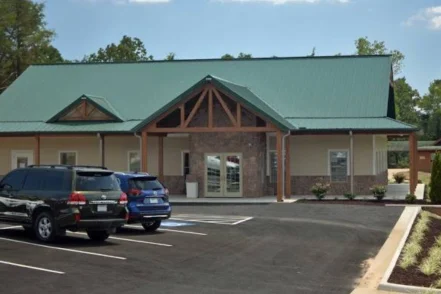
120 Meghan Lane Judsonia, Arkansas 72081
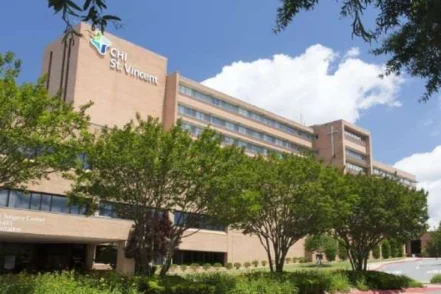
11215 Hermitage Road, Suite 204 Little Rock, Arkansas 72211

14913 Cooper Orbit Road Little Rock, Arkansas 72223

19856 Boys Home Road Morrow, Arkansas 72749